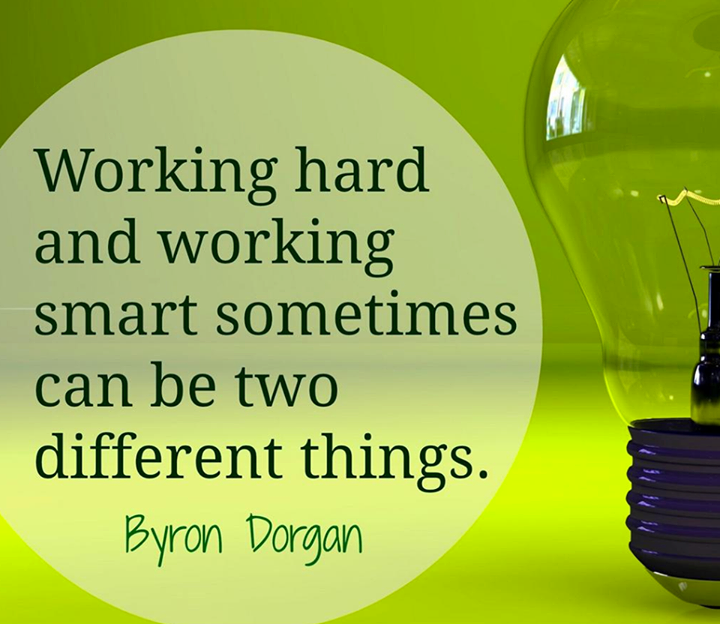Too Many Employers?
3/30/2020 by Bailey

When interviewing, the last 5-7 years is the most critical time period relevant to your next employer. The knowledge, experiences, and skills recently developed should be quickly adaptable and contribute to the success of meeting or exceeding expectations. Part of that value is dedication, employment stability and the advancement of responsibilities within a specific employer.
The days of 20-30-40 years with one employer are rare. According to the Bureau of Labor Statistics, the average number of employers in a lifetime is 10 to 12 and growing. Average tenure was 4.3 years for males and less for females. There are a lot of reasons that create change and here are just a few: blocked for advancement; reorganization; company was acquired or closed; better work/life balance; relocation; higher compensation; lack of recognitions; superior challenges; outsourcing; economic downturn; and changing career direction.
We can rationalize reasons for change whether self-motivated or not. The challenge is when you go on an interview and the hiring executive asks “Why have you had so many employers over the last X years?”
This a negative question and the astute candidate will have prepared a positive answer. Trying to defend reasons for moving from one employer to another is not worth more than 10-15 seconds of explanation. What the hiring executive is trying to determine is your potential loyalty (no company likes turnover), how you make decisions about your next employer; and what motivates you to stay with an employer. Here are a few items to consider in your response.
- Reassure your audience that you are looking for an opportunity to contribute, gain additional experience, learn new skills, and make a difference. If that was true with your most recent employers and things changed, admit it.
- Emphasize that you do not like to change employers and are looking for a long term solution.
- Remember what the core requirements are for the role you are interviewing for and emphasize knowledge and experiences relatable to those requirements.
- Provide examples where you have added value and contributed.
Bottom line….do not defend your response….use this as an opportunity to promote your candidacy.
